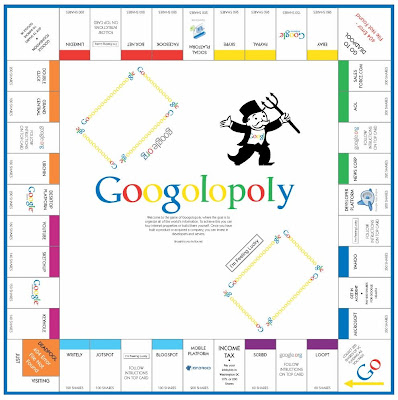Vista Communications, a local IT company, will launch a digital satellite radio in Bangladesh by October next for broadcasting advanced information of weather and cautionary warnings for the maritime fishing zones in remote regions.
This was disclosed by the Vista Communications at a press conference held at the Dhaka Reporter's Unity (DRU) on Wednesday.
Vista Communications chairman A Hussain, chief executive officer Rashed Iqbal, chief technical officer Probir Kumar Barua and chief marketing officer Asif Kawnine were present at the press conference.
This digital satellite radio will provide the services including advanced disaster bulletin and introduce the programmes like e-disaster management training, e-agriculture, e-medicine, e-health and e-policing among the far-reaching people in the country.
To provide digital radio broadcasting and emergency disaster alert and management to Bangladesh, the Vista had made a deal with the US-based digital satellite radio network WorldSpace in Washington on April 23 last.
Chief executive officer of the company Rashed Iqbal said, "This radio channel will be able to timely and effectively disseminate emergency alerts in the remotest area of Bangladesh and even to cover entire Bay of Bengal."
Using the latest satellite technology of WorldSpace, it will help manage pre- & post-disaster, forecast weather bulletin, deliver advanced emergency alert in far reaching areas including the costal belt of the country, he added.
"It will also broadcast special bulletin to identify potential fishing zone in the Bay of Bengal so that the fisherman can catch the abundant fish," he said adding that this will help save 70% time consumed in fishing and besides, 50% more fish can be netted than what is usually caught.
By using satellite radio, the developed countries have made a great leap in establishing their commercial enterprises through marketing their products, said the CEO.
Currently, the WorldSpace, which provides digital satellite audio, data and multimedia services, broadcast footprint covers over 130 countries including India and China, all of Africa and the Middle East and most of Western Europe.
The cost of a digital satellite radio set will be Tk 15,000.
Source: The Financial Express
This was disclosed by the Vista Communications at a press conference held at the Dhaka Reporter's Unity (DRU) on Wednesday.
Vista Communications chairman A Hussain, chief executive officer Rashed Iqbal, chief technical officer Probir Kumar Barua and chief marketing officer Asif Kawnine were present at the press conference.
This digital satellite radio will provide the services including advanced disaster bulletin and introduce the programmes like e-disaster management training, e-agriculture, e-medicine, e-health and e-policing among the far-reaching people in the country.
To provide digital radio broadcasting and emergency disaster alert and management to Bangladesh, the Vista had made a deal with the US-based digital satellite radio network WorldSpace in Washington on April 23 last.
Chief executive officer of the company Rashed Iqbal said, "This radio channel will be able to timely and effectively disseminate emergency alerts in the remotest area of Bangladesh and even to cover entire Bay of Bengal."
Using the latest satellite technology of WorldSpace, it will help manage pre- & post-disaster, forecast weather bulletin, deliver advanced emergency alert in far reaching areas including the costal belt of the country, he added.
"It will also broadcast special bulletin to identify potential fishing zone in the Bay of Bengal so that the fisherman can catch the abundant fish," he said adding that this will help save 70% time consumed in fishing and besides, 50% more fish can be netted than what is usually caught.
By using satellite radio, the developed countries have made a great leap in establishing their commercial enterprises through marketing their products, said the CEO.
Currently, the WorldSpace, which provides digital satellite audio, data and multimedia services, broadcast footprint covers over 130 countries including India and China, all of Africa and the Middle East and most of Western Europe.
The cost of a digital satellite radio set will be Tk 15,000.
Source: The Financial Express
Vista, Launching Digital Satellite Radio by October
by
Devesh Prabhu
on
1:25:00 PM
Vista Communications, a local IT company, will launch a digital satellite radio in Bangladesh by October next for broadcasting advanced info...





.jpg)
